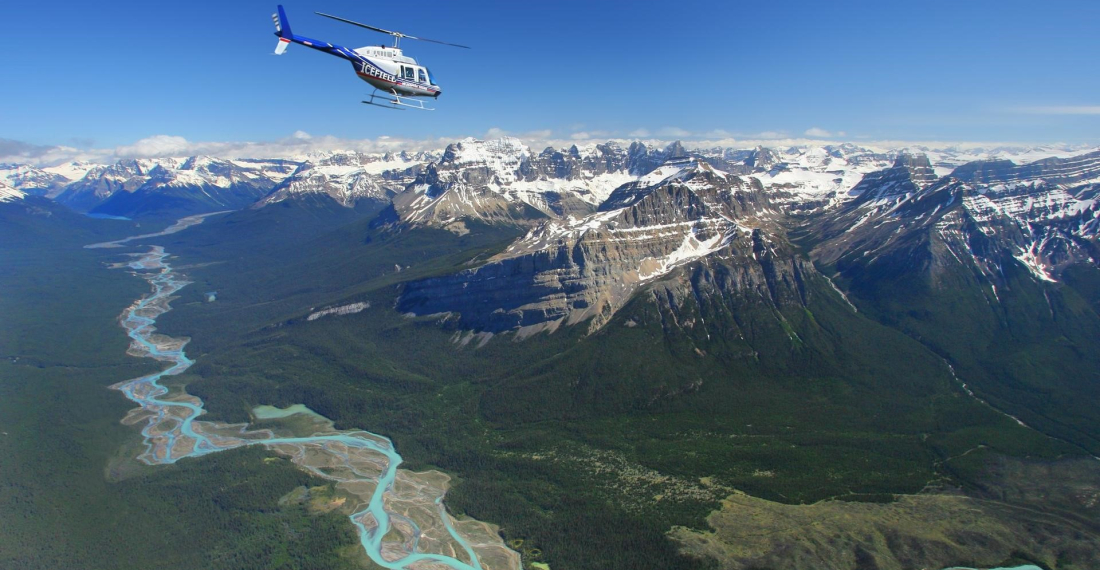Leaders of the G7 countries meet in Canada this week, for a summit that is not quite what they had expected, with the Israel-Iran conflict being on everyone’s mind. The leaders of Britain, France, Germany, Italy, Canada and Japan and the European Union will be there, and of course, the president of the United States Donald Trump.
Mark Carney, the new Canadian Prime Minister, had planned fo talks in the wilderness retreat of Kananaskis, that avoided rows with Mr Trump. Much of the agenda was non-controversial, about energy security, protecting mineral supply chains, accelerating the digital transition and tackling forest fires.
However, Israel's decision to attack Iran will force the Group of Seven western powers to spend less time on other issues and instead discuss ways of managing the conflict. Canadian officials, still bruised by the experience of the last G7 summit that they hosted in 2018, even decided not to have a summit communique to avoid textual disputes dominating the gathering. On that occasion, Mr Trump in his first stint in office stormed out early and, on the plane home, withdrew his support for the summit communique.
Instead, world leaders will agree a number of "short, action-oriented statements" that maintain consensus and ignore divisive issues. That now seems also to be overambitious.
The G7 leaders, due to arrive in Canada on Sunday, know the global security and economic risks if this conflict escalates, dragging in other countries, sending oil prices soaring. Other leaders are also attending the summit as guests, including from Mexico, India, Australia, South Africa, South Korea, Ukraine and Brazil. Many of them have their own problems with Mr Trump.
The most obvious test of the G7's existential tensions will be Mr Trump's trade war.
This club of some of the world's richest industrial nations was set up in the 1970s to discuss global economic crises. And yet now the G7 finds itself dealing with damaging tariffs imposed by one of its members.
One issue that was always to feature in the discussions is Ukraine, and how to put pressure on Russia. Ukrainian President Zelensky will join the discussions on Tuesday. His aim, along with other leaders, will be to assess the current state of President Trump's thinking towards Russia. Ukraine's allies want to put more pressure on President Putin to come to the negotiating table. To do that, they want to hit his economy harder.
According to the BBC, it used to be said the G7 was a kind of "steering committee" for the free world. This week may reveal whether the club's driving days are over.
Source: commonspace.eu, with BBC (London) and agencies
photo: Alberta (archive picture)







